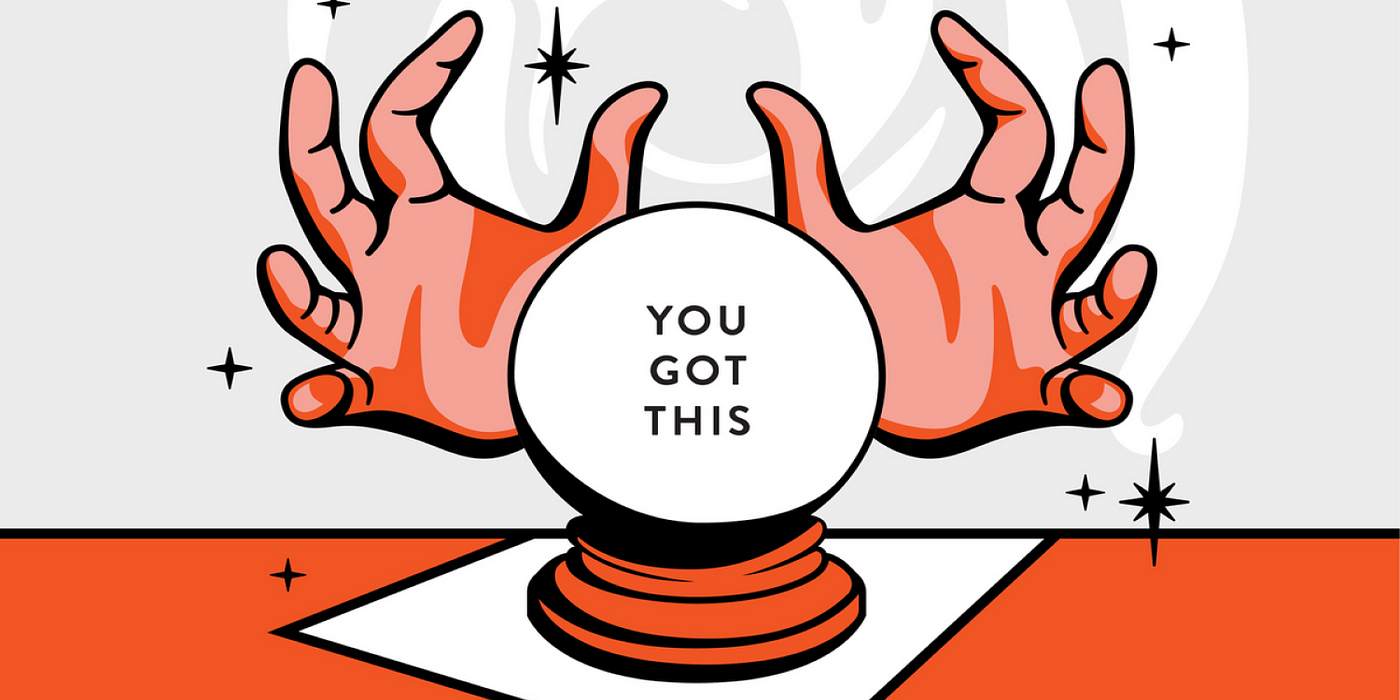Have you ever been amazed by the accuracy of a horoscope or a fortune teller’s prediction, even though they were vague enough to apply to almost anyone? If so, you’re not alone. This phenomenon is known as the Barnum effect, and it reveals something about the way our brains work. In this blog, we will explore what the Barnum effect is, why it occurs, and how to avoid falling for it.
What Is The Barnum Effect?

The Barnum effect is a cognitive bias that occurs when people believe that personality descriptions or predictions are accurate, even though they could apply to almost anyone. The term “Barnum Effect” comes from the famous showman P.T. Barnum, who was known for his ability to entertain and deceive people with his shows and exhibitions.
Why Does The Barnum Effect Occur?

The Barnum effect occurs because people have a natural tendency to seek out information that confirms their preexisting beliefs or expectations. When people read a personality description or a prediction that is vague enough to apply to almost anyone, they tend to interpret it in a way that confirms their beliefs about themselves. Additionally, people tend to remember the parts of the description that are accurate and forget the parts that are not.
Examples

The Barnum effect can occur in many different contexts. For example, people may believe that a horoscope or a psychic’s prediction is accurate, even though it could apply to almost anyone. Similarly, people may believe that a personality test or a quiz is accurate, even though it is based on vague or general questions.
The Barnum effect can also occur in more serious contexts. For example, people may believe that a political candidate shares their values or beliefs, even though their positions are vague or ambiguous. Similarly, people may believe that a product or service will solve their problems, even though its benefits are vague or overstated.
How to Avoid It

Be aware of the Barnum effect. Recognize that people have a natural tendency to seek out information that confirms their preexisting beliefs or expectations. By being aware of this bias, you can be more vigilant in checking your assumptions and recognizing when you may be falling for the Barnum effect.
Be skeptical of personality descriptions or predictions. When reading a personality description or a prediction, be skeptical of its accuracy. Ask yourself whether it could apply to almost anyone and whether it is based on vague or general information.
Look for objective evidence. When evaluating a political candidate, a product or service, or any other claim, look for objective evidence that supports or refutes it. Avoid relying solely on vague or general information.
The Barnum effect is a common cognitive bias that can lead people to believe that personality descriptions or predictions are accurate, even though they could apply to almost anyone. By recognizing this bias and being skeptical of vague or general information, people can avoid falling for the Barnum effect. It is important to be aware of this bias and to look for objective evidence when evaluating any claim. So, the next time you’re amazed by a horoscope or a fortune teller’s prediction, take a step back and ask yourself whether it’s really accurate or just a trick of the mind.
For more such content:
Mysteries Of The Bermuda Triangle
What are Pulsars, and do they really pulse?
How can asteroid mining change our future?




